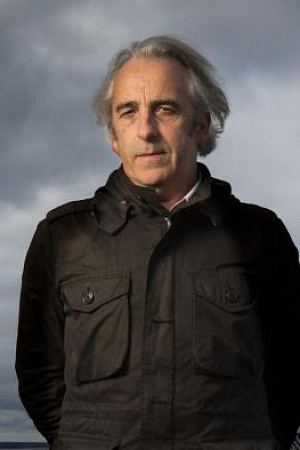Interview
Poet of the Month with Kate Fagan
![]() Kate Fagan is a writer, musician, and scholar whose third collection, First Light, was shortlisted for the NSW Premier’s Literary Awards and The Age Book of the Year Award. She is Director of the Writing and Society Research Centre at Western Sydney University and runs The Writing Zone, a mentoring program for emerging writers and arts workers. She also chairs the Sydney Review of Books advisory board. Her latest volume of poetry, Song in the Grass, was published by Giramondo in June 2024.
Kate Fagan is a writer, musician, and scholar whose third collection, First Light, was shortlisted for the NSW Premier’s Literary Awards and The Age Book of the Year Award. She is Director of the Writing and Society Research Centre at Western Sydney University and runs The Writing Zone, a mentoring program for emerging writers and arts workers. She also chairs the Sydney Review of Books advisory board. Her latest volume of poetry, Song in the Grass, was published by Giramondo in June 2024.
Continue reading for only $10 per month. Subscribe and gain full access to Australian Book Review. Already a subscriber? Sign in. If you need assistance, feel free to contact us.














Leave a comment
If you are an ABR subscriber, you will need to sign in to post a comment.
If you have forgotten your sign in details, or if you receive an error message when trying to submit your comment, please email your comment (and the name of the article to which it relates) to ABR Comments. We will review your comment and, subject to approval, we will post it under your name.
Please note that all comments must be approved by ABR and comply with our Terms & Conditions.